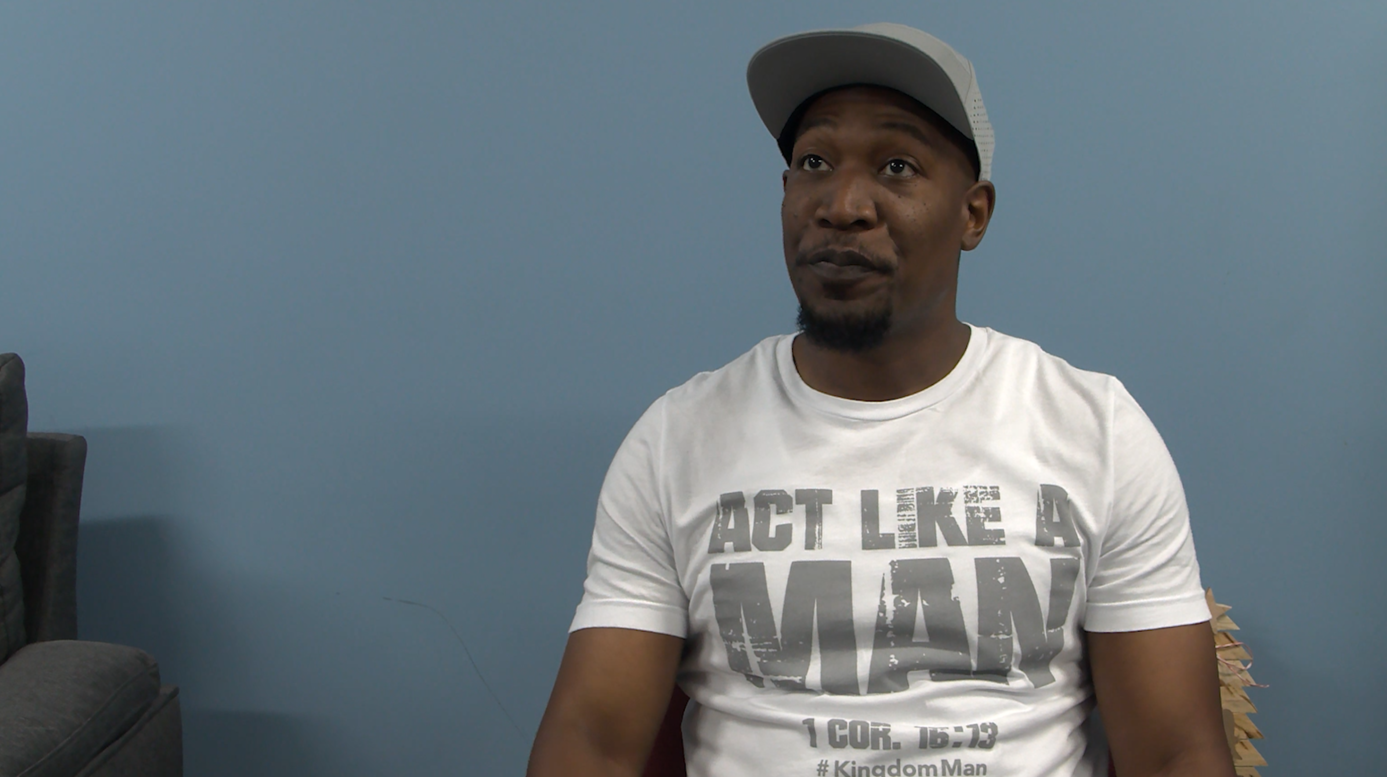Men’s mental health takes forefront in June

By Ashley Luthans
While mental health can create struggles and be a difficult topic for anyone to discuss, this is especially true for men, who have a suicide rate that is four times higher than women, statistics show.
June is Men’s Mental Health Awareness Month, and the National Institute for Mental Health found that along with the disproportionate suicide rate, death by suicide was most common in men aged 75 or older.
According to Rick Smith, a licensed clinical social worker at Family Guidance Center, men accounted for more than 80% of suicides in the U.S. in 2021. In the United States, 6 million men suffer from depression, 14.3% of men have an anxiety disorder and 3% have a bipolar disorder. Of people diagnosed with schizophrenia by age 30, 90% are men. Men also account for 10% of people seeking treatment for anorexia or bulimia, and 35% of people seeking treatment for binge-eating disorders are men.
“While these are general statistics, what’s frightening is most men who suffer from mental health conditions or eating disorders remain undiagnosed, which leads to their condition worsening,” Smith said.
Marchel Turner is a youth pastor at First Baptist Church in Savannah, Missouri, as well as a licensed therapist. Turner talked about the stigma surrounding men showing their emotions.
“I like to use the sports analogy,” Turner said. “When it comes to sports, we (men) will do anything: We’ll cry, we’ll yell, we’ll scream, we’ll laugh. You’ll see this array of emotions in a bevy of ways when it comes to sporting events. So there is this stigma that men, you can only show your emotions in these areas we tell you you can. But when it comes to life, we don’t have those same standards. And I think it’s important for men to know now that you need to share and show those emotions because when you don’t, they literally cripple you internally.”
Smith said societal pressures can deter men from seeking help.
“Men suffering from mental illness are less likely to receive treatment or diagnosis,” Smith said. “There are many reasons for this, such as the pressures that men face to ‘man up’ or to pull themselves up by their bootstraps. The stigma of men talking about mental illness is perceived as a form of weakness. Other reasons include culture, fatherhood, race and socioeconomic status.”
Turner explained why men’s mental health should be discussed more than it is now.
“It’s not something that’s often discussed amongst men, first and foremost,” Turner said. “So if we aren’t discussing it, then there needs to be a level of importance and awareness brought to it. So that’s why I think it’s important for it to be discussed, not just this month, but as men, amongst us.”
Smith said to any men struggling with mental illness, they are not alone and there is help.
“There’s help out there for men,” Smith said. “And a lot of men today are suffering needlessly because of the stigma and their fear of how they’ll be judged by talking about it and becoming vulnerable.”
Open conversations about mental health can make a major difference in whether a person is able to overcome their struggles.
“It’s important to talk about men’s mental health because it saves lives,” Smith said.
If you are struggling with depression and suicidal thoughts, call or text the Suicide and Crisis Hotline at 988.



